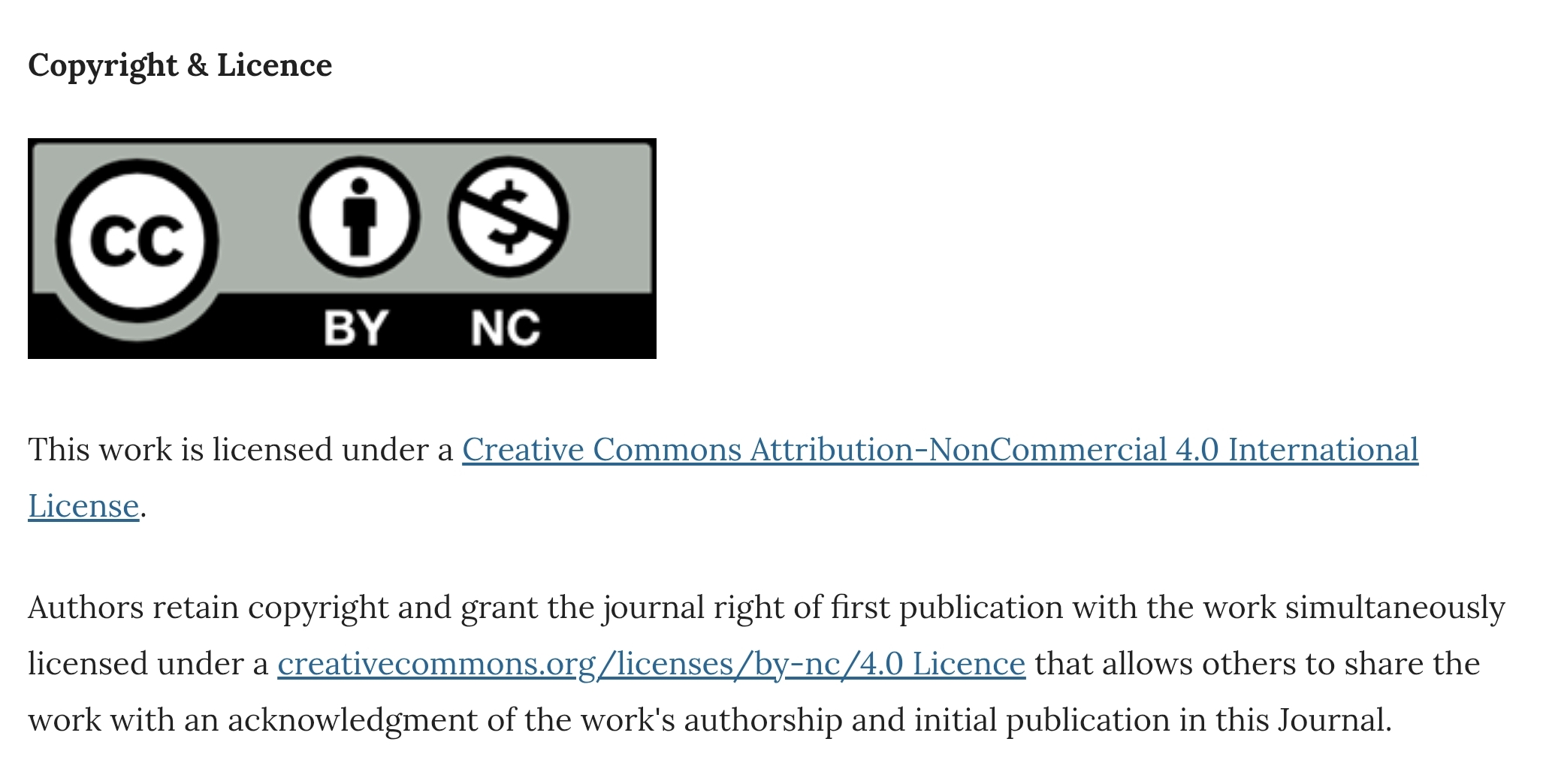Parenting in the Digital Era
DOI:
https://doi.org/10.30834/KJP.38.1.2025.550Keywords:
Digital Era, Parenting, Child Development, Behaviour Addiction, Mental HealthAbstract
Parenting is one of the significant challenges that every human being faces in their lifetime. There have been several fundamental changes in the lifestyle of children and adolescents in the twenty-first century compared to those of a previous generation. In today’s digital era, everything has become super fast to such an extent that you need to click your mobile a couple of times to get a sure ticket for a movie or to order your choicest delicacy, which would invariably be delivered straight to your doorstep. The time gap between the genesis of a desire and its realisation has dwindled to a few minutes or even a few seconds. The parent needs to be mindful of their children's digital behavior and ensure that they can guide them about healthy and unhealthy choices in digital encounters. Parents should be well-versed in the online friends of their kids and the nature and quality of the interaction their kids are having with them. Ensuring healthy screen time, which is age-appropriate, is another vital issue that should be considered seriously. According to the American Academy of Pediatrics' recommendation, children under 2 years of age should not have any screen time. Children between 3 and 5 years old may be permitted one hour of screen time daily, which does not need to be continuous. Parents should ensure that this screen time does not consist exclusively of cartoons or fast-moving visuals. The parent should understand that it is more important to allow the child to play and explore novel aspects of their life rather than restricting their freedom within the four walls of tuition centres, thereby ruining any chance for psychosocial development. Studies from various parts of the world have shown that physical inactivity, apart from increasing the chance for metabolic lifestyle-induced disorders, also paves the way for behavioral addiction, including online gaming disorders as well as substance use disorders in the future. As a parent, it is your primary responsibility to listen non-judgmentally to your child's concerns. Most importantly, it is not about moral policing your child, but about empowering them to differentiate between healthy and unhealthy choices in life, which defines the parent in you.
Downloads
References
Council on communications and media. Media and Young Minds. Pediatrics. 2016 Nov; 138(5):e20162591.
Twenge JM, Campbell WK. Associations between screen time and lower psychological well-being among children and adolescents: Evidence from a population-based study. Prev Med Rep. 2018 Oct 18;12:271-283.
Haidt J. The Anxious Generation: How the Great Rewiring of Childhood Is Causing an Epidemic of Mental Illness. Penguin Press, New York; 2024.
Rideout VJ, Robb MB. The Common Sense Census: Media Use by Kids Age Zero to Eight. Common Sense Media; 2020.
Nagata JM, Cortez CA, Cattle CJ, Ganson KT, Iyer P, Bibbins-Domingo K, et al. Screen Time Use Among US Adolescents During the COVID-19 Pandemic: Findings From the Adolescent Brain Cognitive Development (ABCD) Study. JAMA Pediatr. 2022 Jan 1; 176(1):94-96.
Przybylski AK, Weinstein N. A Large-Scale Test of the Goldilocks Hypothesis. Psychol Sci. 2017 Feb; 28(2):204-215.
Uhls YT, Ellison NB, Subrahmanyam K. Benefits and Costs of Social Media in Adolescence. Pediatrics. 2017 Nov; 140 (Suppl 2): S67-S70.
Livingstone S, Blum-Ross A. Parenting for a Digital Future: How Hopes and Fears About Technology Shape Children’s Lives. Oxford University Press; 2020.
Economic Survey of India 2023-24.Ministry of Finance, Government of India.
Odgers CL, Jensen MR. Annual Research Review: Adolescent mental health in the digital age: facts, fears, and future directions. J Child Psychol Psychiatry. 2020 Mar; 61(3):336-348.
Anderson M, Jiang J. Teens, Social Media & Technology. Pew Research Center; 2018.
Orben A, Przybylski AK. The association between adolescent well-being and digital technology use. Nat Hum Behav. 2019 Feb; 3(2):173-182.
Keeley B. Children in a Digital World. UNICEF; 2017.
Kabali HK, Irigoyen MM, Nunez-Davis R, Budacki JG, Mohanty SH, Leister KP, et al. Exposure and Use of Mobile Media Devices by Young Children. Pediatrics. 2015 Dec; 136(6):1044-50.
Beyens I, Pouwels JL, van Driel II, Keijsers L, Valkenburg PM. The effect of social media on well-being differs from adolescent to adolescent. Sci Rep. 2020; 10(1):10763.
Primack BA, Shensa A, Escobar-Viera CG, Berret EL, Sidani JE, Colditz JB, et al. Use of multiple social media platforms and symptoms of depression and anxiety: A nationally-representative study among U.S. young adults. Comput Human Behav. 2017; 69:1-9.
Moreno MA, Jelenchick LA, Koff R, Eickhoff JC, Goniu M, Davis A, et al. Associations between internet use and fitness among college students: An experiential approach to the internet paradox. J Am Coll Health. 2013. 61(1):12-20.
Guidelines on Physical Activity, Sedentary Behaviour and Sleep for Children under 5 Years of Age. Geneva: World Health Organization; 2019.
Piaget J, Inhelder B. The Psychology of the Child. Basic Books; 1969.
Vygotsky LS. Mind in Society: The Development of Higher Psychological Processes. Harvard University Press; 1978.
Freud S. Three Essays on the Theory of Sexuality. Standard Edition; 1905.
Anderson DR, Subrahmanyam K; Cognitive Impacts of Digital Media Workgroup. Digital Screen Media and Cognitive Development. Pediatrics. 2017 Nov; 140(Suppl 2):S57-S61.
Lenhart A. Teens, Social Media & Technology Overview. Pew Research Center; 2015.
Stiglic N, Viner RM. Effects of screen time on the health and well-being of children and adolescents: A systematic review of reviews. BMJ Open. 2019; 9(1):e023191.
Bucksch J, Sigmundova D, Hamrik Z, et al. International trends in adolescent screen-time behaviors from 2002 to 2010. J Adolesc Health. 2016; 58(4):417-25.
Viner RM, Gireesh A, Stiglic N, Hudson LD, Goddings AL, Ward JL, et al. Roles of cyberbullying, sleep, and physical activity in mediating the effects of social media use on mental health and wellbeing among young people in England: a secondary analysis of longitudinal data. Lancet Child Adolesc Health. 2019 Oct; 3 (10):685-696.
Published
How to Cite
Issue
Section
License
Copyright (c) 2025 Arun B Nair (Author)

This work is licensed under a Creative Commons Attribution-NonCommercial 4.0 International License.












